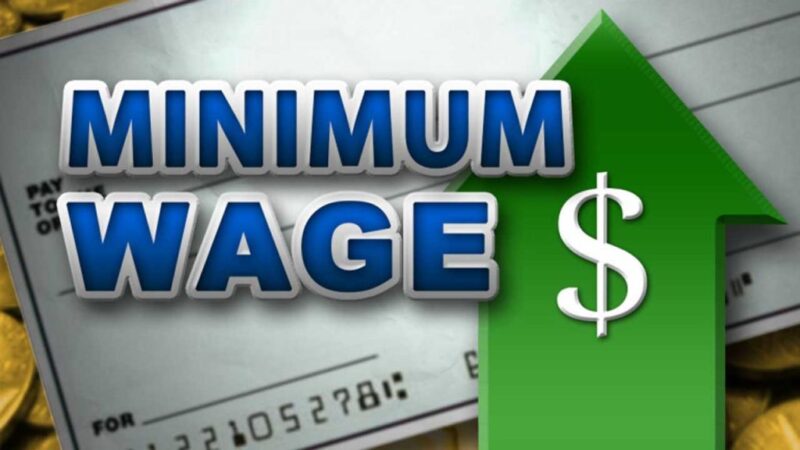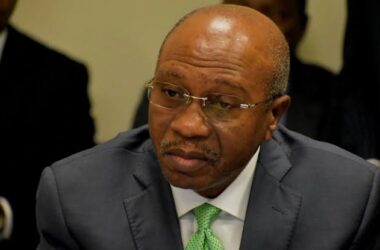Workers in Nigeria are growing frustrated as at least seven states, along with the Federal Capital Territory (FCT), have yet to approve or implement the new national minimum wage of N70,000.
Originally set for October 2024, the new wage was expected to alleviate the economic pressure on workers facing rising living costs. However, delays in some states have led to mounting discontent among employees, who are struggling to meet basic expenses on the old minimum wage.
Reports indicate that while 25 states have either approved or begun paying the updated minimum wage, others, including Zamfara, Sokoto, Osun, Cross River, Imo, Plateau, and Taraba, have not yet formalized a payment plan.
In Zamfara, for instance, state officials have only recently begun paying the previous N30,000 wage, causing concerns that it may be some time before the N70,000 minimum is implemented.
In Osun State, Governor Ademola Adeleke has pledged support for the new wage, though actual payments have not yet begun. Trade Union Congress (TUC) Chairman Bimbo Fasasi said that discussions are underway, and the state government is in the process of finalizing payment details. He expressed confidence that an agreement would soon be reached, allowing workers to receive the promised amount.
Similarly, Cross River State has yet to reach a resolution, as labor unions are negotiating with the government for a fair wage. Meanwhile, Imo State’s government has shown support for the N70,000 wage but has not reached an official agreement with labor representatives. In Plateau and Taraba states, conversations with labor officials are ongoing, though no specific payment dates have been set.
Many workers have expressed disappointment, emphasizing that the N70,000 wage—though initially seen as helpful—may not cover basic needs due to inflation, high fuel prices, and elevated costs of essential goods. “The amount is not enough for us at all,” a staff member at the Federal Ministry of Industry, Trade, and Investment in Abuja explained, stating that living on N70,000 monthly in the FCT is nearly impossible.
Earlier agreements between labor unions and President Bola Tinubu included a promise to control fuel prices. However, prices have continued to rise, leading the Nigeria Labour Congress (NLC) to accuse the government of failing to uphold its commitment. NLC President Joe Ajaero voiced concerns that rising fuel prices undermine any benefit of the increased minimum wage, urging the government to address the pressing economic challenges facing Nigerian workers.










